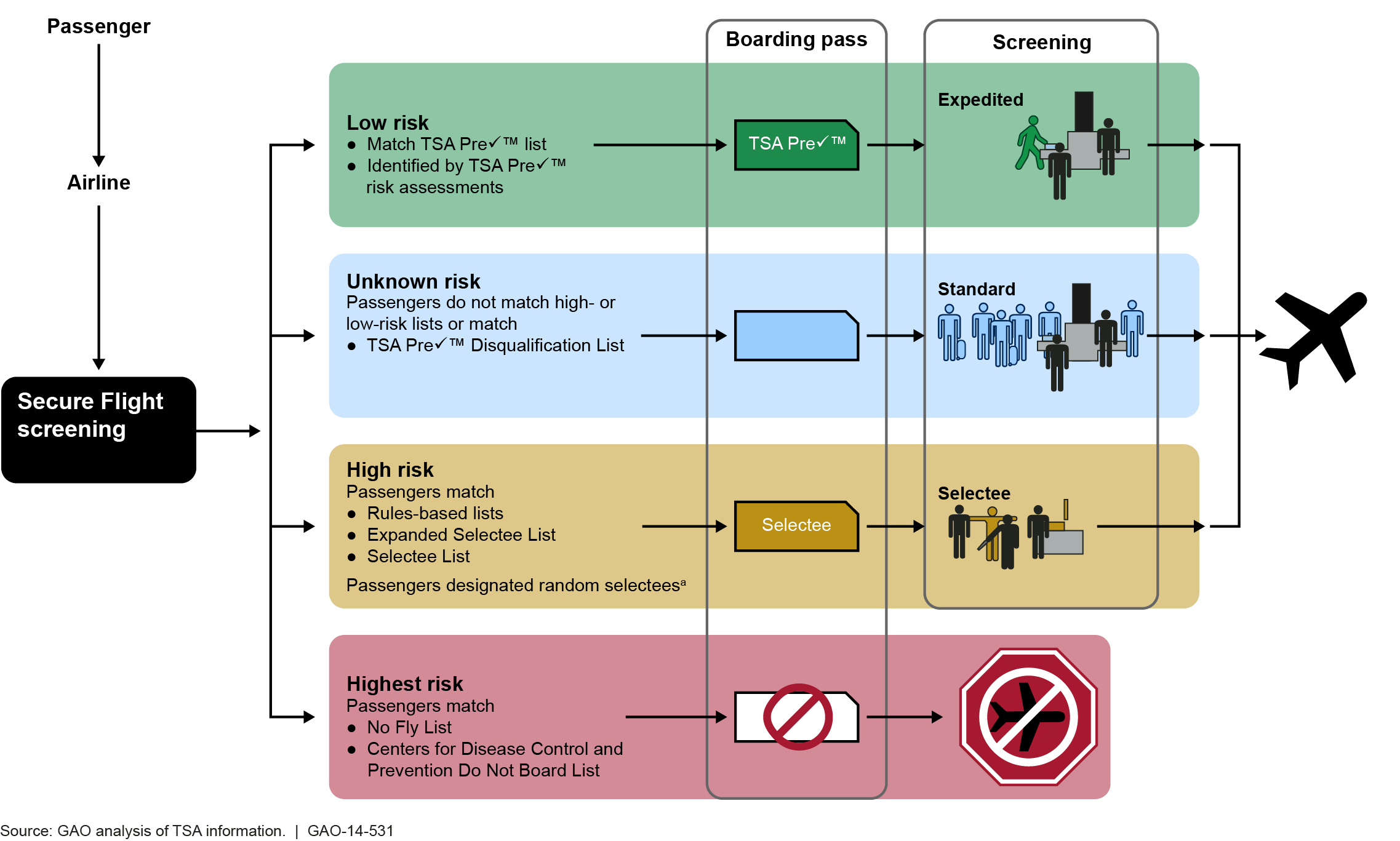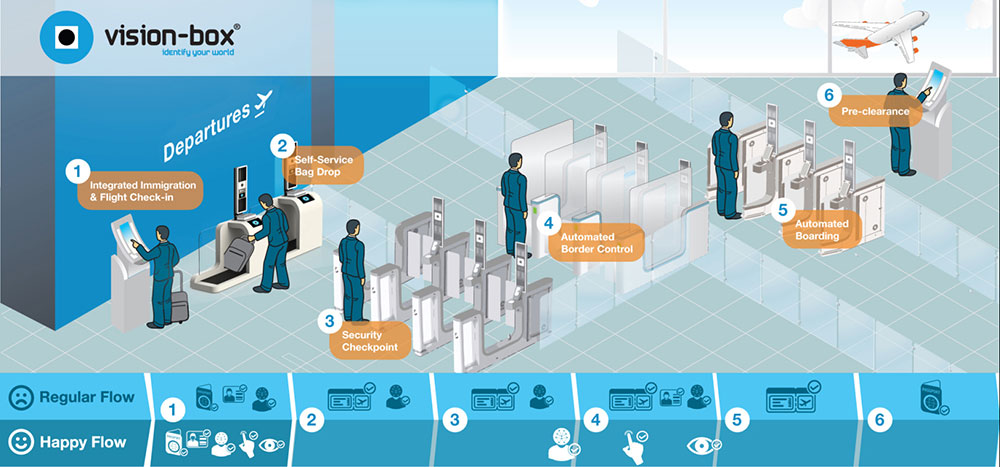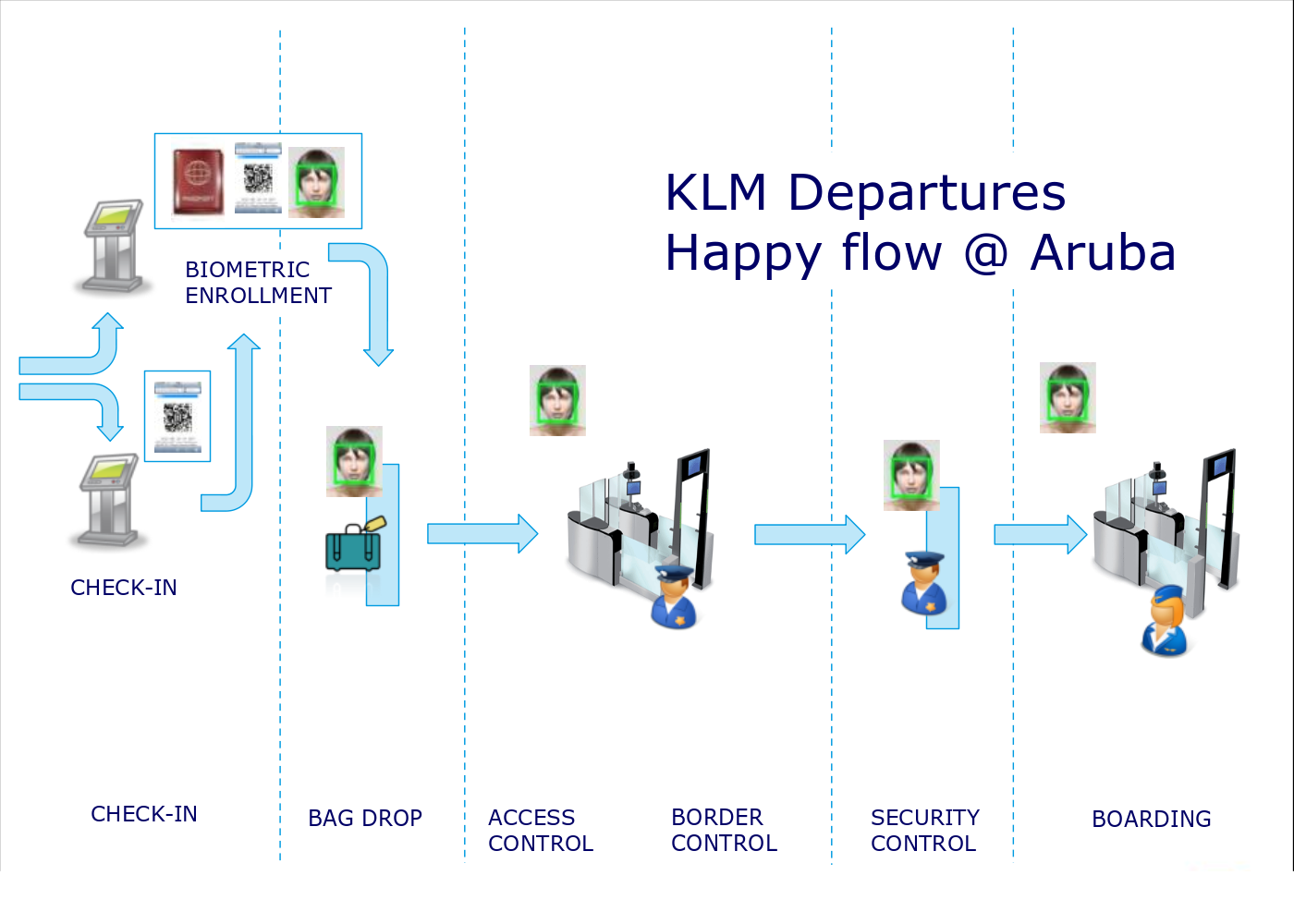What happens if you fit the DHS profile even though you aren’t a threat?
In a self-assessment published this week by the DHS on the integration of DHS programs for surveillance, profiling, and control of airline passengers (the TSA’s Secure Flight for domestic flights and the CBP’s Automated Targeting System for international flights), the DHS says it is reducing to 15 years the length of time for which DHS will retain logs of people who were singled out for special treatment as “matches” on the basis of (secret) DHS profiling algorithms, but who were “ultimately determined not to be a threat.”
The DHS will still keep its TECS log entries for the trip itself, and will be able to retrieve a new copy of your PNR (airline reservation record) from the airline or CRS (database hosting company) at any time, even if DHS has deleted its previous mirror copy or copies. But the DHS will purge its record of having wrongly flagged you as a suspect if you’ve stayed out of trouble for the subsequent 15 years:
Records created about an individual associated with a confirmed or possible match to a watchlist that require additional analysis in the ATS case management module ATS-Targeting Framework (TF) will be retained for 15 and seven years respectively in ATS if the individual is ultimately determined not to be a threat. However, COP information maintained only in ATS that is linked to a specific case or investigation will remain accessible for the life of the law enforcement matter to support that activity and other enforcement activities that may become related. In addition, CBP may include information in TECS on individuals who may need additional scrutiny.
The DHS privacy impact self-assessment confirms that the DHS has shifted from blacklist/whitelist matching to real-time profiling and scoring as its methodology for making fly/no-fly and “intrusiveness of search” decisions. The self-assessment also makes explicit that the reason for long-term retention by DHS of mirror copies of the commercial airline records is to enable subsequent pre-crime data mining:
It is over the course of time and multiple visits that a potential risk becomes clear. Travel records (including historical records), are essential to assist CBP officers with their risk-based assessments of travel indicators and identifying potential links between known and previously unidentified terrorist facilitators. Analyzing these records for these purposes allows CBP to effectively identify suspect travel patterns and irregularities.


